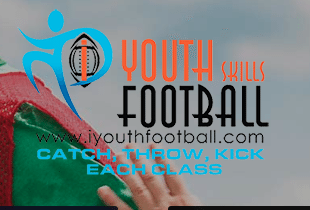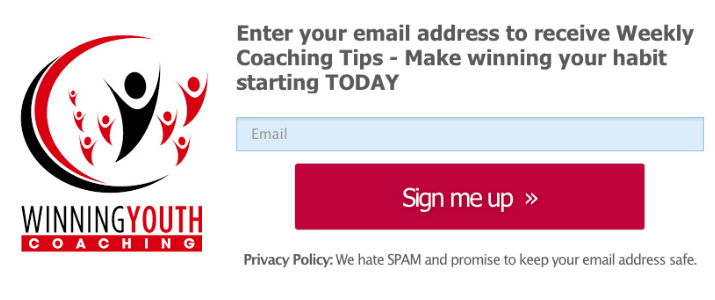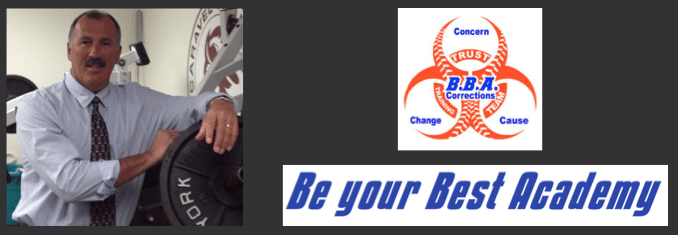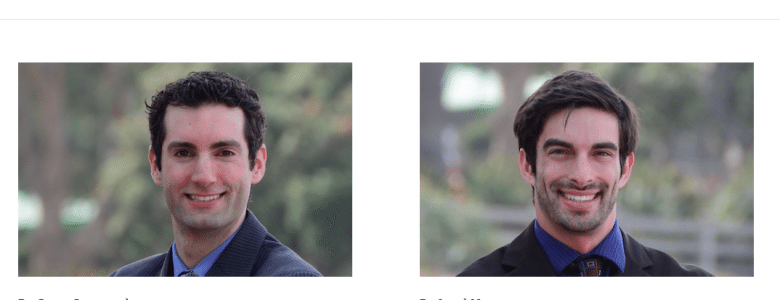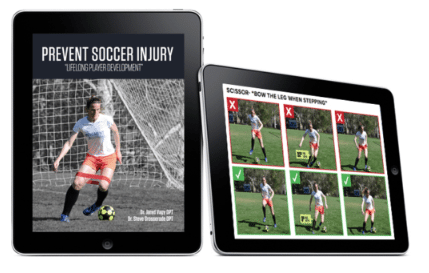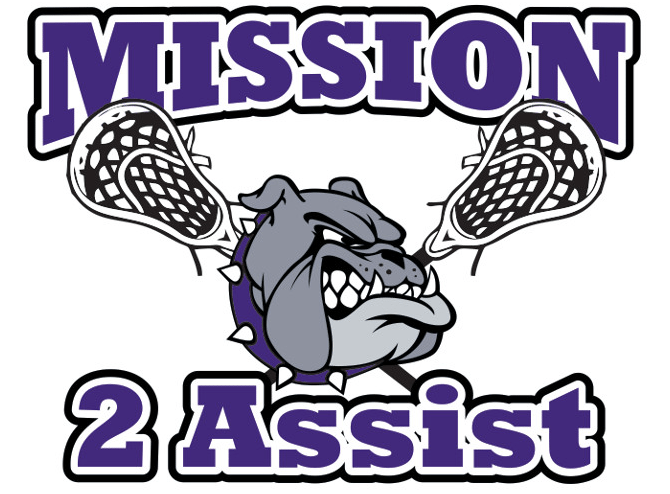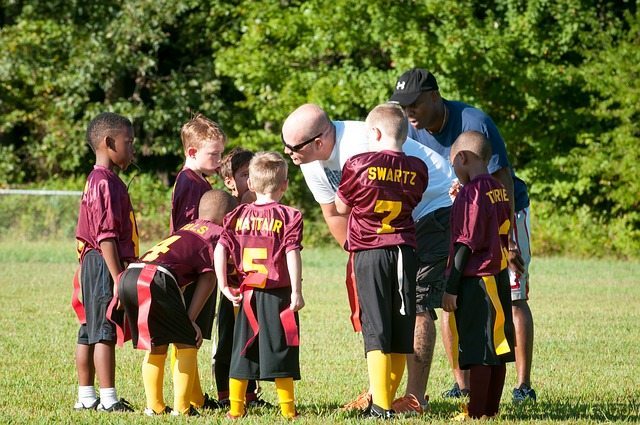September 27, 2016
WYC 092 – Winning Championships through Superior Culture – Maureen Monte talks reaching Destination Unstoppable

Maureen Monte builds winning teams by harnessing the untapped talent in the locker room or the conference room and aligning it with success. Her approach has been honed with over ten years of experience in large companies, tech startups, and sports teams – from San Francisco to Singapore. She believes there are three universal truths about teams:
- All teams struggle
- There is untapped talent on every team
- Most teams haven’t defined what success looks like
She has authored a book Destination Unstoppable – about helping a hockey team win the state championship. It is more than a sports success story. It is a team success story – and the world runs on teams.
Website: www.maurennmonte.com
Facebook: Link
Twitter: @maureenemonte
Listen Now:
Listen on iTunes: iTunes link
Listen on Stitcher: Stitcher link
Listen on Google Play Music: Google Play link
–
Quote
”We win games because we have great team chemistry” – Mark Dantonio, Michigan State football coach
Building Winning Teams
- Maureen has worked with IBM on building successful teams. She has studied the Clifton Strengthfinder to understand how each individual is gifted and can contribute to the team’s success.
How did the opportunity to work with the Cranbrook Varsity Hockey Team come about?
- It was a talented team but struggling
- She started at the top to see if the coach was part of the problem. He was not.
- First step – Define success – Start with the what. Then define the how. Brotherhood, discipline, focus, unselfishness were all areas they identified as lacking. Then she had the players turn to each other and tell them ‘I refuse to let you fail.’
- Next step – Evaluate the players’ strengths. 18 out of 25 had competition in their top 5 strengths.
- The key was helping team tap their untapped talent on the team.
- The coach made heroes in every role. The 3rd string goalie had the strength of harmony. The coach gave him the job of helping resolve conflict between the top 2 goalies.
- Another back-up player had the strength of being analytical. His new role was to look at the other teams and analyze what was going on. He now added value.
2 keys to turn this team around
- The coach bought in
- The kids had a desperate desire to win, so they were willing to try something new
Using the Clifton Strengthfinders tool in a sports environment
- The boys loved learning what others on the team were thinking
- In a perfect world – start with the coaches, then the captains, then the whole team
- The strength finder looks for patterns of excellence. It is 34 different strengths that involves how you think to solve problems, how you execute tasks, how you relate to others, and how you influence. It takes 35 minutes and costs $15 per person to identify your top 5.
Connection between success in business and success in sports
- Defining success is key
- Mark Dantonio, Michigan State football coach: ‘We win games because we have great team chemistry’
Biggest surprises about this experience
- None of the kids afterwards talked about winning the state championship. That moment had come and gone. Being valued by the teammates and coaches, and the unstoppable mindset they had created is what they valued most.
- One kid’s biggest strength was he was a learner. So he took on the role of making sure if a kid had a runny nose or cold, he would separate the water bottles so the other kids didn’t get sick as well.
What’s your favorite strengths?
- Ideation – Thinking of new ways of doing things
- Individualization – Each individual brings something unique
Favorite leadership book and/or quote?
- Book – ‘First Break all the rules‘ – Marcus Buckingham – Focus on strengths not weaknesses
Destination Unstoppable book
- maurennmonte.com – Get 20% coupon for book
- Great story, and great resources on how to build a winning culture
Today’s Sponsors
I Youth Football helps coaches, organizations, or parents teach football skills to kids ages 3-11. Not only does I Youth Football guarantee your players increase their skills, they will give you individualized pricing based on your situation. So if you are a coach or want your local organization to run I Youth Football in your area, visit them at www.iyouthfootball.com and reach out. It’s simple to set up, and a nice way to earn a little side money while helping kids learn the game of football. To get $100 off the program be sure to use this coupon code: winning
—

